TRIP AND FALL
PERSONAL INJURIES
Trip and Fall Accident
In a very important decision by the Court of Appeal, the court found that the trial judge failed to recognise that important medical documents had not been formally proved by the defendant and ordered a full re-hearing of the case in the High Court.
The plaintiff claimed that a footpath, the responsibility of the council, was in poor repair causing him to trip and incur an injury to his head. Prior to the court hearing, the council obtained medical notes of the defendant’s attendance at a Caredoc clinic. The notes indicated that the head injury was an old injury and not consistent with a fall. The council did not, however, have any witness at the hearing that could be cross-examined by the plaintiff in respect of the medical notes provided.
The plaintiff did not produce the medical notes in evidence but insisted that the defendant would have to prove the medical notes if they were to be cross-examined and the judge acceded to that request.
It was disputed whether the head injury was as a result of the fall or whether the claim was a fraudulent claim. The plaintiff’s medical witness testified that the injury was consistent with a fall and the council conceded that the path was in a poor state of repair.
The doctor who wrote the Caredoc notes could not be located and so never gave evidence and in a subsequent hearing where the case was continued, the judge proposed to consider the medical notes though observing that its author had not yet being cross-examined. Subsequently, the judge dismissed the plaintiff’s case making no reference to the Caredoc Notes or the adjournment.
The plaintiff appealed.
The Court of Appeal considered the law in relation to what is known as the ‘Phipson Rule’ in evidence. This basically requires ‘everything going to the gist of the action should be proved by oral evidence”. Here the Court of Appeal found that the trial judge excluded the plaintiff’s expert medical evidence about injuries suffered in trips/falls despite the fact that no contrary expert evidence was adduced by the defendant. They ruled the trial judge should have addressed the issue of admissibility of the medical notes in the absence of its author proving the notes.
The Court of Appeal ruled, among other matters, that the trial judge had made a significant and material error which was clearly unfair to the plaintiff. Consequently, the Court of Appeal concluded that the decision of the trial judge had led to an unfair trial of the case and order a full re-hearing of the case in the High Court.
Comerford v Carlow County Council Court of Appeal [2021] IECA 253

